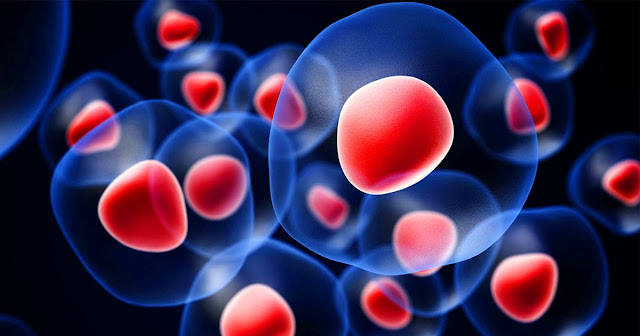Unleashing the Potential of Cell Expansion: Advances and Applications
Cell expansion is the process of growing cells in vitro, or outside of their natural environment, to increase their quantity and quality for various applications. With the advancements in cell culture techniques and bioreactor technology, expansion has become an important tool in fields such as regenerative medicine, drug development, and tissue engineering. In recent years, significant progress has been made in the understanding of cell behavior and the factors that influence cell growth, differentiation, and proliferation. One of the major applications of expansion is in regenerative medicine. Stem cells, which have the ability to differentiate into various cell types, are often used for tissue repair and regeneration. However, obtaining a sufficient quantity of stem cells for therapeutic purposes can be challenging. Cell techniques can be used to increase the number of stem cells, making it possible to generate enough cells for transplantation.
Cell expansion is also critical in the development of new drugs. Pharmaceutical companies use cell cultures to test the safety and efficacy of new drugs. By expanding the number of cells, they can perform a greater number of experiments, leading to more accurate and reliable results. In tissue engineering, cell is used to generate tissue constructs in vitro. These constructs can then be used to repair or replace damaged tissues in the body. By using bioreactors to expand the cells, tissue engineers can create tissue constructs that closely resemble the structure and function of native tissues.
The global Cell Expansion Market is estimated to be valued at US$ 16,035.5 Mn in 2022 and is expected to exhibit a CAGR of 11.8% over the forecast period (2022-2030)
One of the key challenges in cell expansion is maintaining cell viability and functionality. As cells are grown in vitro, they are removed from their natural environment, and the conditions in the culture can be very different from those in vivo. The use of bioreactors and specialized culture media has improved cell viability and functionality, but further advancements are needed to optimize the expansion process. Another challenge is ensuring the quality and consistency of the expanded cells. Variations in culture conditions and cell behavior can lead to variability in cell products. This can be a particular concern for cell therapies, where the safety and efficacy of the product are critical. Standardization of expansion techniques and quality control measures are needed to ensure the consistency and safety of cell products.
Despite these challenges, the potential of Cell Expansion is vast, and ongoing research is uncovering new applications and techniques for expansion. For example, researchers are investigating the use of gene editing and cell reprogramming to generate specific cell types for therapeutic purposes. Advances in bioreactor technology are also improving the scalability and efficiency of expansion, making it more cost-effective and accessible.


.jpg)

Comments
Post a Comment